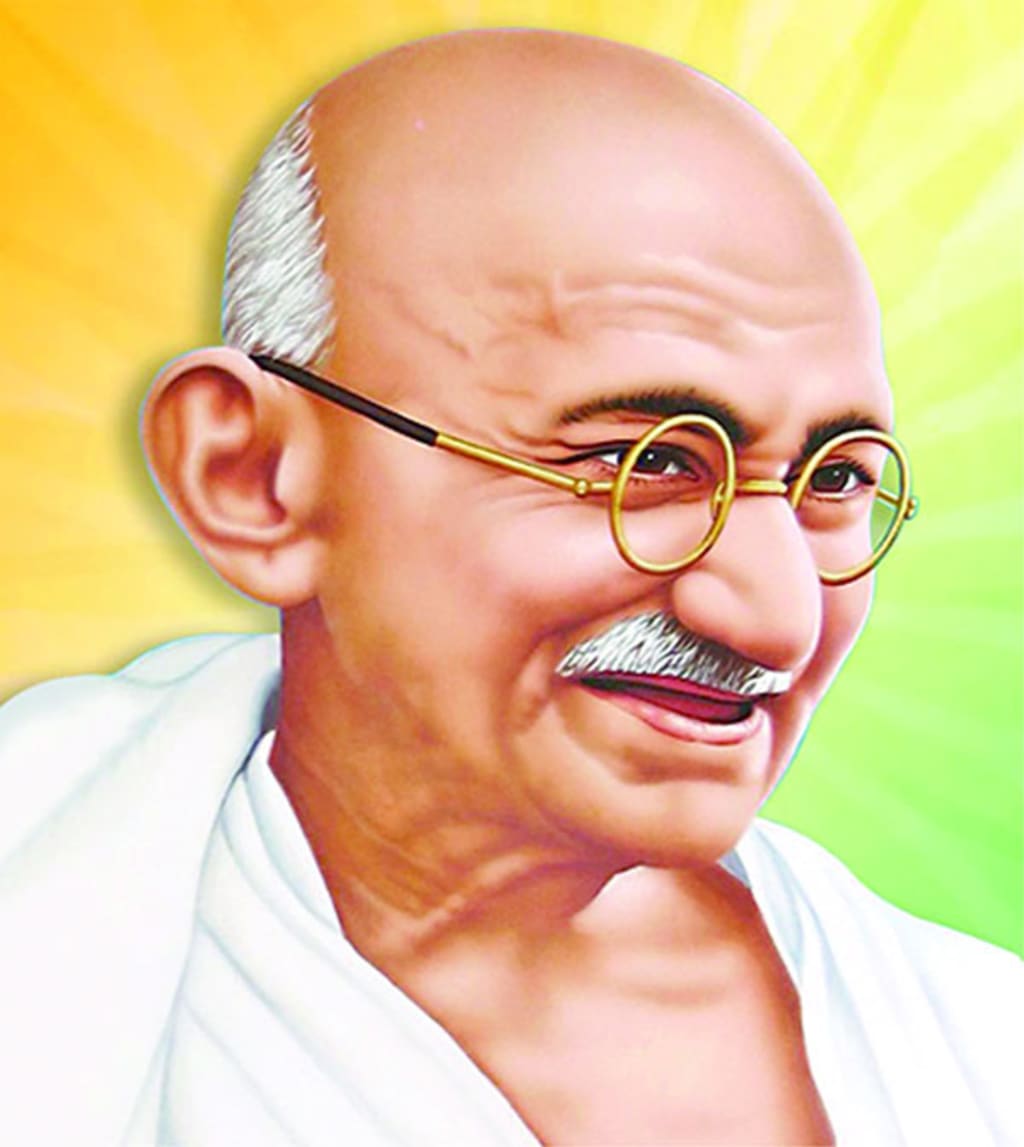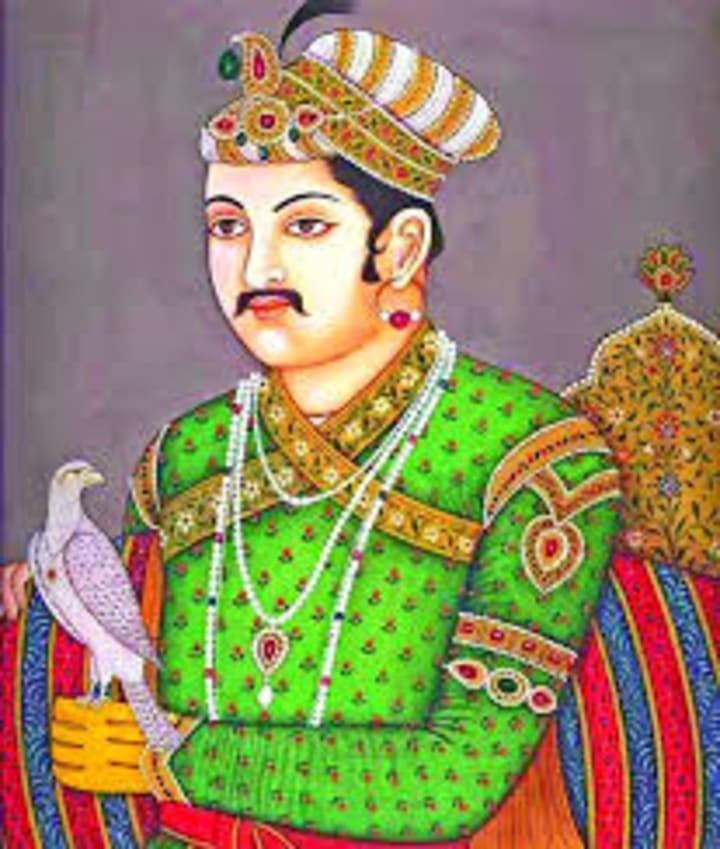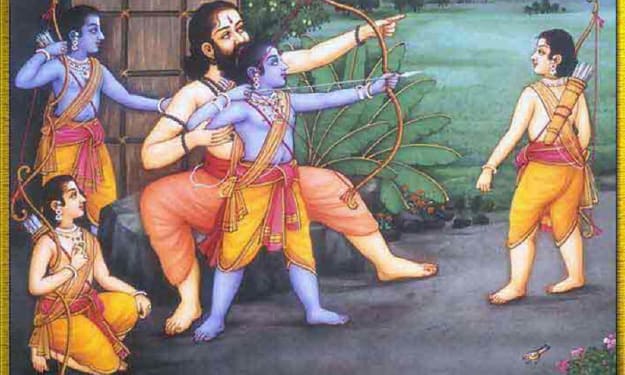The Great leaders Mahatma Gandhi and Akbar the Great
Mahatma Gandhi left his mark on the world in more ways than one.

Over
Although
The leader of India’s independence movement achieved remarkable feats through a form of non-violent civil disobedience that would inspire millions around the world, including many of the people on this list.
World leaders, scientists, philosophers and even entrepreneurs have drawn inspiration from Gandhi, whose spiritual significance was just as profound as his role in liberating India.
Gandhi was born in India in 1869, a country that was then part of the British Empire. His youth was perhaps uncharacteristic of the Gandhi the history books remember.
After an arranged marriage at the age of 13, Gandhi rebelled against his deeply religious upbringing by smoking, eating meat and even stealing. By age 18, he set sail to London to study law.
A fledgling law career in India would eventually send the 24-year-old Gandhi to South Africa. It was here that he witnessed the deep-seated discrimination and racial segregation of South African society.
Perhaps the biggest turning point in young Gandhi’s life occurred on June 7, 1893, where he was thrown off a train station by a white man after he refused to move to the back of the car. That would prove to be Gandhi’s first, but certainly not last, act of civil disobedience.
By 1906, Gandhi had organized his first mass civil disobedience campaign in South Africa. He would spend the next 9 years fighting for Indian rights in the country before returning home to fight for Indian liberation.
Over the years Gandhi would become a leading figure in the liberation movement. After years of struggle and multiple arrests, Gandhi’s “Quit India” movement in 1942 paved the way for Britain’s eventual withdrawal from the country. Although a pacifist, Gandhi was murdered by a Hindu extremist who resented the leader’s tolerance of Muslims following the declaration of Indian independence.
A man who had spent his life preaching nonviolence was killed by a semiautomatic pistol at point-blank range. Gandhi is today remembered for his commitment to pacifism, peaceful protest and simple living. He single-handedly inspired millions of people to action, preaching a message of love, tolerance and avoiding greed. For those reasons he inspired civil rights movements from Apartheid South Africa to the United States and is today remembered as one of the greatest leaders of the 20th century.
Akbar the Great

A
Gandhi
Akbar was the son of Humayun, grandson of Babur. He became the third Moghul Emperor. Although the first part of his reign was taken up with military campaigns, Akbar displayed a great interest in a wide variety of cultural, artistic, religious and philosophical ideas. Akbar was also known for his religious tolerance and, although a Muslim, took an active interest in other religions.
Akbar was born 5 October 1542 in Umerkot, Rajputana (present-day Pakistan) His father was Humayun and his mother Hamida Banu Begum. During his father’s exile, Akbar was brought up in Kabul by his extended family. At a young age, he was betrothed to Ruqaiya – his first wife.
As a child, Akbar was trained in hunting, sports and the arts of war. He was short, but strong, powerful and skilful. However, despite athletic prowess, he also had a lifelong interest in literature, learning and religion. As a young man, he reported having a mystical experience whilst wandering alone. He returned to his military and political duties, but the spiritual side of life always remained with him.
Akbar came to the throne, aged 14, on the death of his father, Humayun. For the next 20 years, he had to fight to defend and consolidate the Moghul empire. He faced threats from the Afghans in the North and from the Hindu King, Samrat Hemu. Akbar became known as a great military commander and remained undefeated in major campaigns in India. Akbar strengthened the administration of the Moghul Army, introducing a non-hereditary military unit known as Mansabdar. Akbar promoted officers who impressed
As Akbar was very young on ascending to the throne, the running of Moghul Kingdom was initially left to Bairam Khan an Afghan Shia Muslim. Bairam was a great military leader and helped secure the Moghul Empire. However, he was not liked by many for the absolute power he wielded and also the fact he was not a Sunni Muslim. At one point he was encouraged to go on a pilgrimage to Mecca. Akbar sent an army to escort Bairam Kham, but Bairam was annoyed at the ostracism of being sent on pilgrimage. Therefore, he turned on Akbar’s army and was later captured. Bairam was taken to Akbar where many wanted him to be executed. However, Akbar refused to execute Bairam because had done much for him in the past. He forgave Bairam and allowed him to live at the expense of the court. Throughout his life, Akbar often showed mercy and forgiveness to his enemies – not least to his own brother who plotted against him.
For






Comments
There are no comments for this story
Be the first to respond and start the conversation.